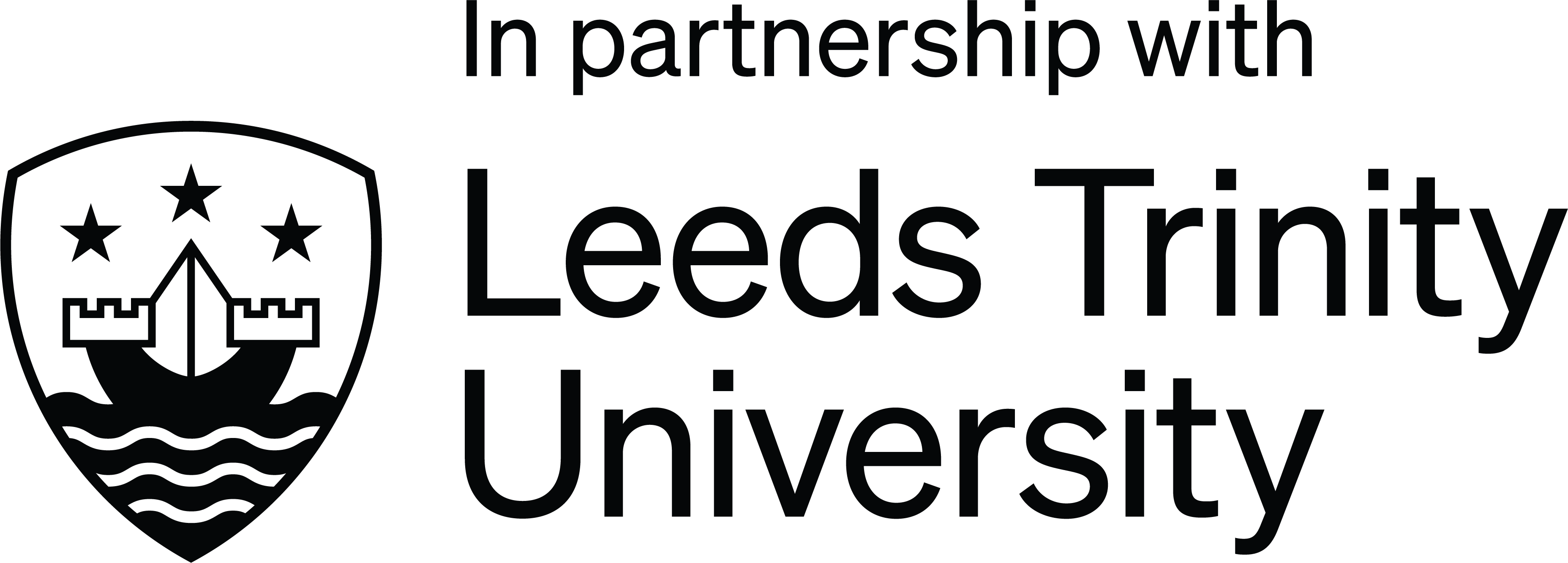FdA Supporting and Managing Learning in Education
FdA Supporting and Managing Learning in Education
Level 5
University
2 years
September 2024
Full-time
Lister Building
Overview
*Subject to validation*
If you’re currently working in a school or educational setting, this course will allow you to progress your career towards Qualified Teaching Status (QTS) following successful completion of the foundation degree and a top-up year to achieve a full degree.
The course also aims to develop your confidence to be adaptable, creative and inspiring, reflective practitioners. You also develop your study, critical and research skills to prepare you to study at a higher level.
Course Benefits
The course is delivered within the Margaret McMillan School of Education, in the heart of a thriving Further Education College and our team provide a supportive learning and teaching environment.
A learning mentor is provided to you throughout your time with us.
This programme enables students to work in a support role whilst studying one day a week.
The wide range of modules allows students to develop specialisms within their job roles whether this be in a curriculum area, an area of SEN or pastoral care.
Throughout the course, you will be supported so that you can progress into your chosen vocational area and/or further post-graduate study.
Key Info
The programme content is shaped by the current national priorities for support staff within education.
You will experience both academic and work-based learning to prepare you for employment.
You will learn about the established principles in supporting and managing learning in education.
You will learn now to deliver differentiated questioning, addressing misconceptions, supporting a purposeful learning environment, and fostering a love of learning, are central to learning in modules.
Modules will support the ability to critically evaluate the appropriateness of different approaches to solving problems and to apply these in a work context.
The programme supports you to apply your knowledge and skills to new situations in your workplace.
Effective communication skills in a variety of forms are explored throughout the modules to support your roles in education.
Year 1 (September to November)
- Introduction to academic studies
- Communication and Language
Year 1 (December to February)
- Supporting and understanding behaviour
- Safeguarding young people
Year 1 (March to May)
- Developing a professional team
- Supporting teaching and learning in Mathematics
Year 2 (September to November)
- Creative approaches
- Exploring principles of teaching and learning
Year 2 (December to February)
- Promoting Mental Health and Well-Being
- Meeting Diverse Needs
Year 2 (March to May)
- Supporting Learners with SEND
- Learning beyond the classroom
On-going paid (preferred) or voluntary employment in an educational setting for a minimum two days a week.
Appropriate Level 3 qualification or HLTA – 48 UCAS tariff points.
The following are preferred but not essential if students can provide evidence that they will be undertaking these qualifications if they wish to progress into teaching:
GCSE English and Maths (primary, secondary and FE settings) and Science (primary settings).
Additional admissions matters
Mature applicants without the usual entry requirements can be exceptionally considered on the basis of relevant work experience and demonstration of literacy skills.
Safeguarding: Students who are employed in an education setting should provide evidence of a satisfactory enhanced DBS check. Those in a voluntary placement should obtain a satisfactory enhanced DBS check through the College following acceptance on the course.
Applicants with a Certificate in Education and Training (120 credits at Levels 4 and 5) will be allowed entry to Year 2 of the Foundation Degree in Supporting and Managing Learning in Education programme under RPL criteria.
Fitness to practise declaration
‘Fit to practise’ means students have the skills, knowledge and character needed to practise the profession safely and effectively. Fitness to practise is not just about professional performance but includes conduct which may affect public protection, confidence in the profession or the regulatory process. This may include conduct in personal life. In the first instance, we assess your fitness to practise through the interview process, DBS and health check.
Once you are on the programme, your fitness to practice will be assessed in many ways and targets for further development will be set. If fitness to practise is called into question, the teaching team will follow the College’s fitness to practise procedure.
Assessment methods are varied, rigorous and appropriate to the components in each module.
Students will have the opportunity to receive feedback from formative assessments to develop their skills and confidence prior to submitting summative assessments.
Formative assessment occurs throughout the programme in the form of staff feedback on student discussion, case studies, seminars, presentations, and question and answer sessions.
Summative assessments will include individual and group presentations, written reports, practical activities, portfolios, case studies, plans and rationales of sessions or proposals that could be delivered to a user of a service.
Students will also receive feedback from their designated work-based learning mentor on their employability skills and professional practice.
A detailed briefing about the assessment strategy for each module will be published in module handbooks and be available on the VLE.
The placement should be for at least 2 days per week and is usually a support role in a school, college or training organisation.
The College teaching team will visit your placement or place of work in the first year to observe your practice and provide guidance as to professional development. This is part of the ‘Developing the Professional Team’ module.
This is an ideal programme if you aspire to a career in a wide range of educational settings such as teaching or student support roles in schools, colleges or Higher Education institutions. It will also provide you with a solid foundation if you wish to work in other roles in education, including training, supporting, mentoring or youth work.
On completion of the course you can progress onto the BA Supporting and Managing Learning in Education top-up year and then move onto a PGCE to become a Qualified Teacher or go into employment directly or via an apprenticeship.
This course is not available to students on a Student Route Visa.
Once you have submitted your application, it is processed by the Admissions Team.
Once the team has received your application, they will conduct a check of your application to make sure that you have the correct entry requirements for the course you have applied for.
They will arrange your interview and assessment (if required). If successful at your interview, our curriculum team will make you an offer to study with us.
This offer will include any pre-enrolment information that you will have to provide in order to be able to enrol onto the course. Failure to provide the information will mean that you will not be able to enrol on the course.
For information about how Bradford College use your application data, we encourage you to read Bradford College privacy policy
For this or any other questions regarding your application, please email [email protected].
Full-time: £9,000 per year.
Depending on government policy, tuition fees may change in future years.
Tuition fees for 2025/26 entry will be set in summer 2024.
Living costs, e.g. accommodation, travel, food, will also need to be taken into consideration.
Additional costs:
- £44 Mandatory DBS Check
For more information on fees and funding your studies, visit Fees.
This is representative of the most common fees scenario, but actual fees can vary depending on a number of factors. Please contact us if you need more guidance.
This is representative of the most common fees scenario, but actual fees can vary depending on a number of factors. Please contact us if you need more guidance.
If you have any questions or require any additional information, please contact [email protected]
Disclaimer: Our prospectus, college documents and website are simply here to offer a guide. We accept no liability for any inaccurate statements and are not responsible for any negative outcomes if you rely on an inaccurate statement. We reserve the right to withdraw any programmes or service at any time.


